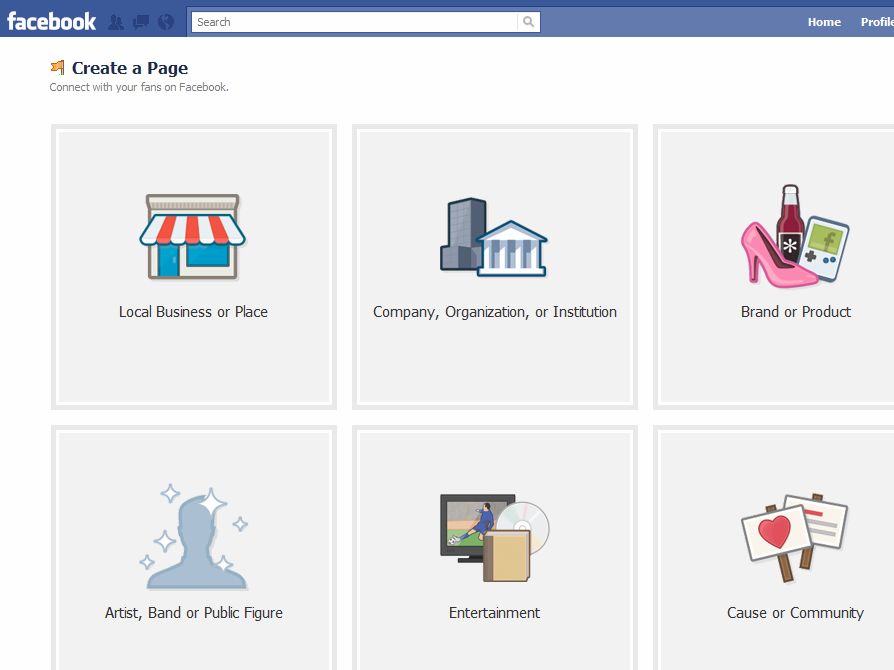Blogging is dead - but what killed it?
First serious casualty of the social networking boom

According to a Pew Internet Research study released late last year, blogging ranks just above the dying "virtual world" activity among those 18-33 (so-called Millenials) and ranks near the bottom for every age group.
In fact, Millennials are now blogging about half as frequently as they did in 2006, according to the study.
"While the act formally known as blogging seems to have peaked, internet users are doing blog-like things in other online spaces as they post updates about their lives, musings about the world, jokes, and links on social networking sites and micro-blogging sites such as Twitter," claims the Pew report.
What's even more interesting is the sense that we're in the midst of a major transition. There are countless "professional" blogs like Gawker.com run by an army of posters with vast corporate funding.
The few high-profile personal bloggers, such as Heather Armstrong and Nicholas Carr, are rarities in a blogging wasteland. Even when a site like Lifehacker has the vestiges of being a blog, they eventually start looking more like regular tech portals. There's a reason why the term "blogger in his basement" is a put-down: blogging has lost its appeal.
Worse yet, even though Technorati reports each year that there is a rise in the number of personal blogs, the reality is that many people start a blog with hopes of making daily updates, then abandon the idea. The Pew study does more than just track the number of blogs but actual blogging activity. There are countless dead blogs on the internet that have not been updated in months or even years.
Hard work
Sign up for breaking news, reviews, opinion, top tech deals, and more.
"Creating a blog is easy, maintaining a blog is hard," says Dr Jim Anderson, a consultant with Blue Elephant Consulting who advises companies on communication trends. "I believe the reason so many personal blogs quickly die out is simply because the level of effort of updating them (sign on, think of something to write, write it, edit it, publish, repeat) far outweighs any benefit."
What's really happening is that people are using other means to communicate their thoughts, such as Twitter and Facebook. John Hlinko, who runs LeftAction.com, says he used to run several blogs. In recent years, he has switched to Facebook fan pages - one has over 450,000 followers.
"To me, it's the old question about a tree falling in the forest," says Hlinko. "If there's no one there to hear it, does it make a sound? Kind of the same with blogging - if you post something and no one is there to see it or comment on it, well, maybe you did make a sound, but... who cares? And if no one cares, well... why bother to keep making more and more sounds?"
Another example of the transition: Douglas Karr is the author of Corporate Blogging for Dummies and used to run a personal blog, complete with his photo. Eventually, he changed the name of the blog and removed his photo; today, the site is really a group collective with articles about marketing.
Falling behind
Karr says part of the problem is that some blogging platforms have not kept pace. For example, Blogger.com does not integrate easily with Facebook and Twitter. (Of course, that may have something to do with the fact that Blogger.com is owned and operated by Google.)
And, according to a recent New York Times report, even Blogger.com - which offers free blogging accounts - is not quite as popular as it once was with a two per cent decline in unique visitors.
Of course, not everyone agrees that blogging is dying or comatose.
"I think blogging is on the rise - the tools are better and easier to use, and everybody has a lot of opinions," says Jon Peddie from Jon Peddie Research. "Blogging gives the unheard, the frustrated, and even those with something interesting to say a vehicle to spread their point of view to many. In the past we had to do email blasts (and still do), or send junk mail - now we can post, tweet about it, talk it up on Facebook and dozens if not thousands are reading our words."
Long live blogging
The most vocal group arguing that blogging is not dead is, of course, the bloggers themselves. In researching this report, many bloggers told TechRadar that blogging is alive and well.
"Long-form blogging is not dead," says David Howard, a marketing consultant, writer, and blogger."Many people are using Twitter and other social media tools to complement theirlong-form blogging. For people that are proficient at writing, many of them figure out a way to earn money from it."
In the end, the real reason personal blogging is dying is because a blog is so hard to define. There are fan pages on Facebook, Tumblr.com accounts with longer posts, and thinktank collectives like BoingBoing.
But are these really blogs? In many ways, the term itself has lost its meaning, especially in an age of 140-character tweets. Blogging may live on in some form or another; for a younger generation, it is now almost completely dead.

John Brandon has covered gadgets and cars for the past 12 years having published over 12,000 articles and tested nearly 8,000 products. He's nothing if not prolific. Before starting his writing career, he led an Information Design practice at a large consumer electronics retailer in the US. His hobbies include deep sea exploration, complaining about the weather, and engineering a vast multiverse conspiracy.